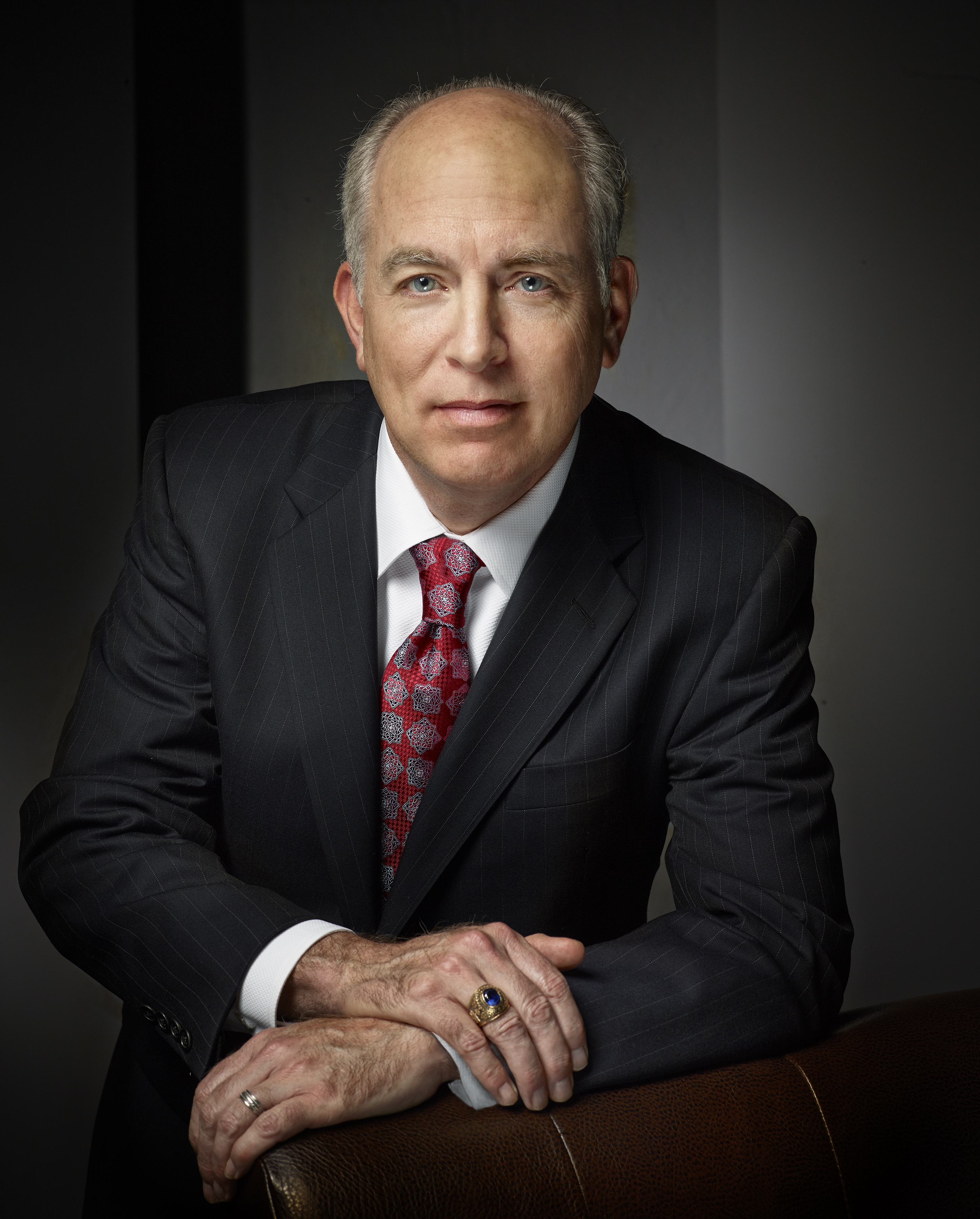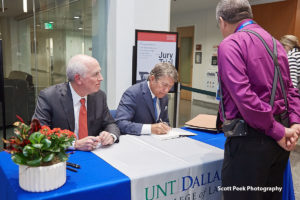The number of civil jury trials in Texas has declined for the past two decades, and that is bad for the law and bad for business.
Winston & Strawn partner Tom Melsheimer and Dallas District Judge Craig Smith recently published a book, On the Jury Trial, discussing the importance and effectiveness of juries in deciding disputes. The book is the focus of a CLE program next Wednesday, Sept. 26, at the SMU Dedman School of Law.
The Texas Lawbook interviewed Melsheimer about the book and attacks on the jury system.
The Texas Lawbook: When and how did the idea for this book come about? Was there an event that caused you to initially consider it?

Melsheimer: [Judge Smith and I] are very close friends. That allows an honesty and openness about our experiences in court. Over the years we’ve spent a fair amount of time after work, often with an adult beverage, discussing cases we’ve tried or presided over. At one point we both thought, “Hey we should write a book about what we’ve experienced and learned.”
Lawbook: Many books on the jury system have been published. Why is On the Jury Trial different?
Melsheimer: It’s different because it is very practical while being rooted in the contemporary experiences of a trial lawyer and a judge. We’ve never seen a book written from both perspectives.
Lawbook: Should general counsel or corporate in-house lawyers read the book?
Melsheimer: We think so. To be an informed consumer of the services of trial lawyers, one should know something about how a case is properly tried, which includes things such as preparing witnesses. So many cases are truly lost in the witness preparation stage because many inexperienced trial lawyers don’t take it seriously. Since general counsel often are the ones left to explain a “case gone wrong,” we think they will greatly benefit from understanding what went wrong and how mistakes in key tasks such as witness preparation can be avoided. The book’s relatively short length makes it an easy read.
Lawbook: The number of civil jury trials has plummeted during the past two decades. Is this a good or bad development?
Melsheimer: It’s a terribly bad development. The jury system is the bedrock of our democracy and any erosion of it has the tendency to erode the public’s faith in government, including the judicial system. The alternative to jury trials is too often secret arbitration proceedings which can’t be effectively reviewed by the courts or known by the general public. There is a place for arbitration in our system of dispute resolution but it should not play a dominant role.
Lawbook: Is there an organized effort to undermine the civil jury trial?
Melsheimer:There is no equivalent of the “gun lobby” for the jury system. The Seventh Amendment does not have powerfully organized protectors like the Second Amendment. Corporate interests advance arbitrations right and left. Those efforts have the effect of undermining the role of juries in dispute resolution.

Lawbook: What are two or three messages that you want readers to take from your book?
Melsheimer: First, trial lawyering is a skill that can be learned and improved with effort. Lawyers aren’t trying as many cases as they used to and books such as ours are important in filling in the gaps created by lack of experience. Second, lawyers have an obligation to protect the jury system by making jury trials efficient and intelligent presentations. Both sides of a case need to work together to streamline their cases and make the arguments “jury friendly.”
Lawbook:Did you and Judge Smith agree on everything in the book or did you have disagreements over certain points?
Melsheimer: We agreed on most things, no doubt. Where we disagreed we tried to note different approaches. And we did separate chapters on the judge’s perspective and the trial lawyer’s perspective.
Lawbook: Has anything surprised you about how the book has been received?
Melsheimer: When you write a book like this, it’s a bit like putting on a new play. You wonder if there will be an audience. The extremely favorable reception the book has had demonstrates to us that there is a real hunger out there for practical advice about trying cases. We knew the book would be useful for young lawyers and we’ve been pleased that even more experienced lawyers have found it useful as well. Several big law firms have purchased the book for their litigation associates and the book is being used in a trial advocacy class at the University of Texas School of Law.
Editor’s Note: The program featuring Melsheimer and Judge Smith also includes other panelists, including Mark Cuban Companies Exec. VP Robert Hart, AT&T Communications Chief Legal Officer Bruce Byrd, Dallas District Judge Maricela Moore and SMU Dedman Law Professor Beth Thornburg..
